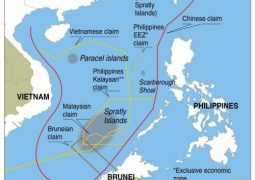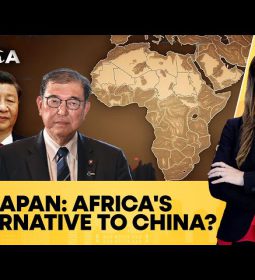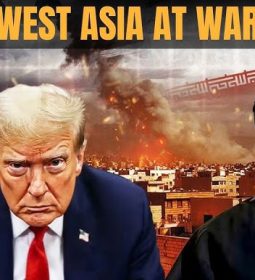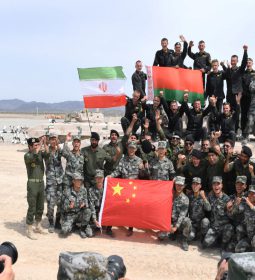NY Times: Trump Poised to Announce China Summit Meeting as Trade Deal Nears Completion
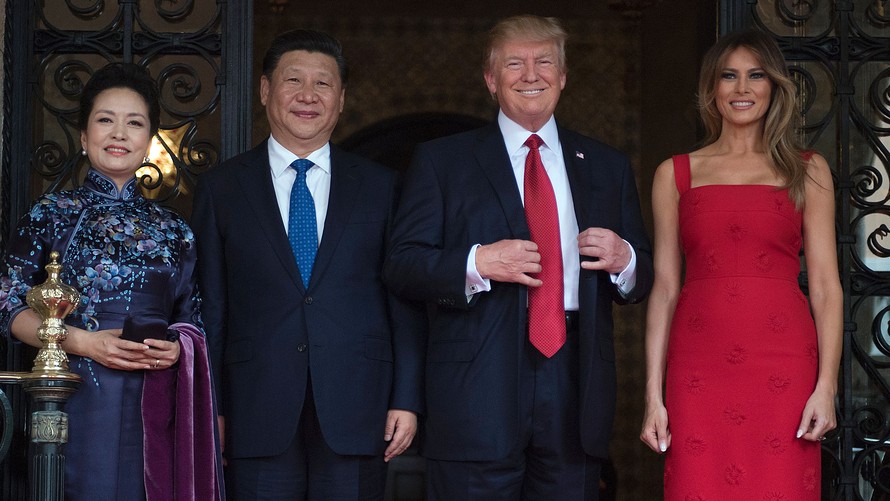
President Trump said that talks with China were “going very well” and that the two countries were headed toward an agreement that might be “the biggest deal ever made.”CreditAl Drago for The New York Times

President Trump on Thursday is likely to announce plans for a future summit meeting with President Xi Jinping of China where the two will try to resolve remaining trade issues and sign a final agreement between the United States and China, people familiar with the matter said.
The president’s announcement is expected to coincide with an afternoon meeting at the White House between Mr. Trump and Liu He, the Chinese vice premier and special trade envoy, who has been in Washington this week for discussions with American negotiators.
The United States and China have not finalized a trade deal, and will continue to negotiate over remaining issues in the coming weeks, including whether to remove all or some of the tariffs that Mr. Trump has placed on Chinese goods. But an agreement to schedule a summit meeting would suggest both sides are eager to come to a compromise that would end months of tensions between the countries and could prompt a rollback of at least some of the tariffs that the United States has imposed on Chinese goods.
Mr. Trump, in remarks on Thursday at an event at the White House, said that talks with China were “going very well” and that the two countries were headed toward an agreement that might be “the biggest deal ever made.”
Mr. Trump added that the deal would be great for farmers and address technology and intellectual property theft. “There’s not a thing that’s not covered,” he said. “We could have made a quickie, but we’re in a very good position.”
Myron Brilliant, the executive vice president and head of international affairs at the U.S. Chamber of Commerce, said administration officials had expressed progress in the discussions, giving confidence to both sides to move forward with a presidential summit meeting.
“The talks are progressing in such a manner that confidence is building,” Mr. Brilliant said. “An agreement is more likely than not over the next several weeks, though there is still work to be done.”
The deal could hit final snags. The United States has viewed a decision on whether to remove its tariffs on Chinese goods as the last issue to be resolved, and top advisers have said that decision will come down to the president. But the decision is a critical one for the Chinese, and failure to remove all or most of the tariffs is seen as a deal-breaker for Mr. Xi.
Over multiple rounds of negotiations, the United States has pressed China to make commitments on purchasing American goods, opening markets to foreign business and increasing protections for foreign intellectual property in a bid to rebalance an economic relationship that Mr. Trump says is unfair for American workers.
This week, the countries had largely reached a compromise on many areas but were still haggling over exactly which of the $250 billion worth of American tariffs were to come off, and how the agreement would be enforced. Mr. Trump’s advisers have said that the final decision on tariffs would probably fall to the president himself.
The date and location of a summit meeting remain unclear, and advisers cautioned that the president could always change his mind before a final agreement is reached.
The United States had proposed holding a summit meeting at Mar-a-Lago, Mr. Trump’s Florida resort, but China has been pushing for an official state visit in Washington, or a neutral location in a third country, people familiar with the matter said. The two sides have been looking to hold it this month, though it could be delayed if a final agreement is not reached soon.
The White House and the United States trade representative declined to comment.
The two sides spent the past two months drawing up more than 120 pages of an agreement covering issues including forced technology transfer and cybertheft, intellectual property rights, currency and nontariff barriers to trade.
But it remains to be seen whether a final trade agreement will bring about the type of sweeping changes to China’s economic practices that Mr. Trump has promised. The president’s tariffs have been successful at bringing the Chinese to the negotiating table, and his advisers have insisted they will not squander an opportunity to press China for substantial economic reforms that past administrations were unable to secure.
Still, the Chinese have balked at making any reforms that could be viewed as infringing on their sovereignty or undercutting the Communist Party’s control of the economy. Instead, Beijing has introduced a steady drumbeat of other reforms intended to please American constituencies and win Mr. Trump’s favor.
In the past several weeks, China has resumed purchases of American soybeans and announced it would reclassify fentanyl, which has fueled the American opioid epidemic, as a controlled substance. Beijing also approved a sweeping rewrite of a foreign investment law that may help foreign companies avoid unequal treatment. And it approved a request by JPMorgan Chase to establish a majority owned and controlled securities brokerage firm in the country and floated the idea of expanding access for foreign cloud computing companies.
The White House is also facing pressure to resolve the trade war, which has begun to hurt American farmers, manufacturers and others, and caused wild swings on Wall Street.
Both Democrats and Republicans have urged Mr. Trump to hold out for a tough deal to combat Chinese practices that American businesses have long seen as problematic, including the coerced transfer of foreign technology as a condition of doing business in the country and the ample government subsidies for Chinese firms.
“Last week @POTUS told us he would not sign a ‘good’ trade deal with #China he would only sign a ‘great’ one,” Senator Marco Rubio, Republican of Florida, said in a Twitter post on Thursday. “I believe him. But to be a ‘great’ deal it must allow us to do in China what they can do in US & it must have real enforcement mechanisms.”
On Thursday, Mr. Rubio joined Chuck Schumer, the Democratic leader from New York, and other senators from both parties in unveiling legislation that would levy sanctions on firms involved with illicitly manufacturing and exporting fentanyl to the United States, including in China.
If China were to follow through on the commitments it made to the United States on cracking down on fentanyl, it should have nothing to worry about with the legislation, Mr. Schumer said. But in the past the country had made many promises it failed to enforce.
“As the president meets with the vice premier of China today, we’re here to call China’s bluff,” Mr. Schumer said.
American negotiators have pushed for an enforcement mechanism that would allow tariffs on Chinese goods to snap back if China violated the terms of the deal, and that would forbid China from retaliating. But Chinese negotiators have resisted such an idea, describing it as a potential infringement on their sovereignty.
Mr. Brilliant said foreign stakeholders would be scrutinizing the deal to see whether it contained a strong enforcement mechanism that would hold the Chinese accountable to their obligations.
“That is what would separate this agreement from previous agreements,” he said.
- Previous Iraqi Kurds urge their Syrian cousins to make peace with Damascus
- Next Is a New Cold War2 Expanded Version Coming!? NATO’s Next War Is Against Global Tyranny Does Trump know, or care, that Russia and China are trying to remake the world in their image?






